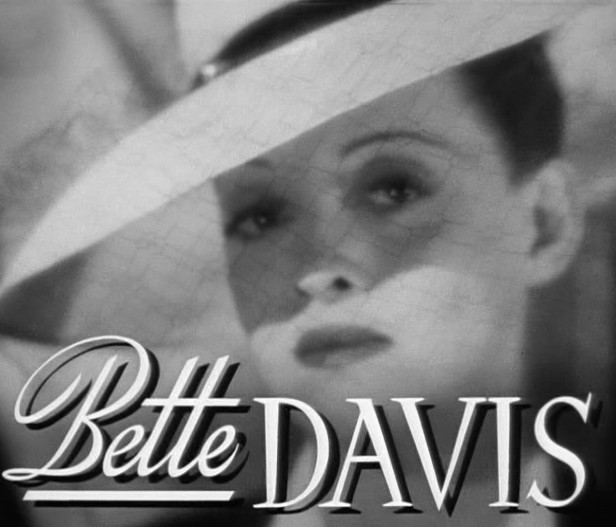
Cropped screenshot of Bette Davis from the trailer for the film Now, Voyager.
Please follow us on Gab, Minds, Telegram, Rumble, Truth Social, Gettr, Twitter
It is perhaps one of Bette Davis' best films, one in which she reputedly became quite caught up in the role, playing an active part in the production decisions. Perhaps that is why the sets, costumes, and screenplay, as well as the flawless acting, raise Now, Voyager above the soap operatic level to a serious drama exploring the psychological implications of certain moral decisions. Although Bette could be convincing as a Southern Belle, playing New England spinster Charlotte Vale, a Daughter of the Pilgrims, suited her mannerisms and natural accent impeccably. However, it is Bette's ability to depict Charlotte's transformation from a weepy neurotic into a vibrant and enthusiastic life participant that makes the film so engaging.
Now, Voyager, based on the novel by Olive Higgins Prouty, shows the fascination with psychiatry that would come to consume America, beginning in the 1920's, so that in some circles it became a pseudo-religion. When used in the proper context, as a tool for healing, not as a substitute for Divine grace, psychiatry can certainly help people with emotional and mental problems. Charlotte Vale, the heroine of Now, Voyager, is certainly put back on course by the compassionate Dr. Jaquith (Claude Rains), whose firmness, wisdom and tough love counteract the emotional abuse leveled upon her by her mother. The film is, overall, a study in bad parenting and good parenting. Charlotte's healing is completed not by psychotherapy but by nurturing a disturbed child.
That is not to ignore the powerful love story which forms the basis of Now, Voyager. While on a cruise to South America to recuperate from a nervous breakdown, Charlotte meets and falls in love with Jerry (Paul Henreid), an unhappily married man. They decide not to pursue the relationship so as not to break up Jerry's family and traumatize his children. Knowing that Jerry loves her from afar gives Charlotte courage, although the sorrow at not having him in her life intensifies, especially after her mother dies of a heart attack during a quarrel. Overwhelmed by guilt, Charlotte flees to Dr. Jaquith's sanatorium, where instead of having another breakdown, she finds Jerry's young daughter Tina, who is there for treatment. The mothering which Charlotte gives Tina is redemptive for both herself and the girl.
Later, when Charlotte and Jerry are reunited, she insists upon a platonic friendship, for the sake of Tina's fragile psyche. That is when Charlotte says the famous line: "Oh, Jerry, don't let's ask for the moon... we have the stars." It is fascinating that in a film which was actually quite worldly for its time, and did not purport to be religious, the needs of children are placed before adult passions. The adults find fulfillment not in seeking their own happiness, but in doing what is right for the youngsters, in spite of the personal sacrifice required. How different from the contemporary pursuit of pleasure in which our society drowns.RELATED ARTICLES:
‘NO AD’ subscription for CDM! Sign up here and support real investigative journalism and help save the republic!‘